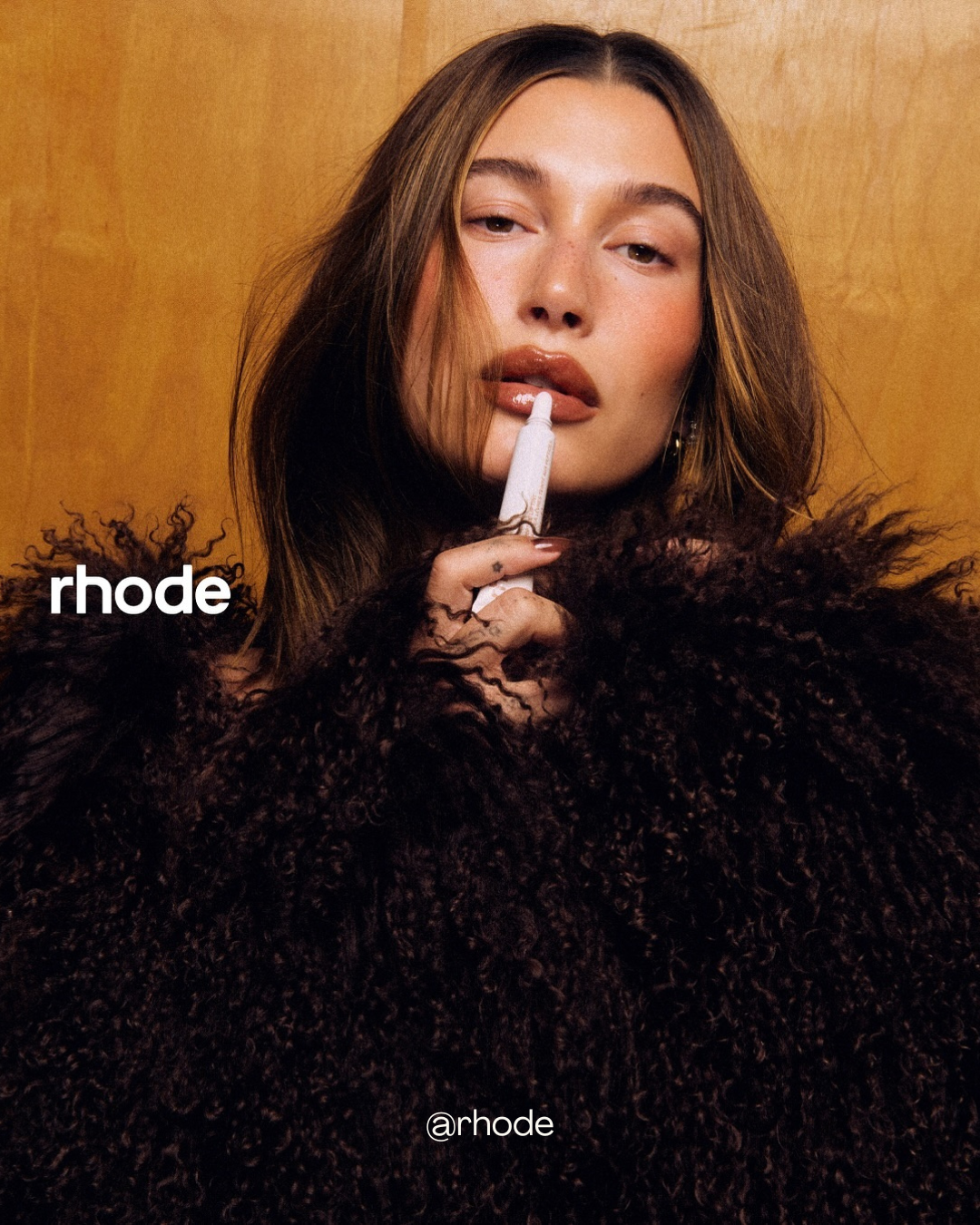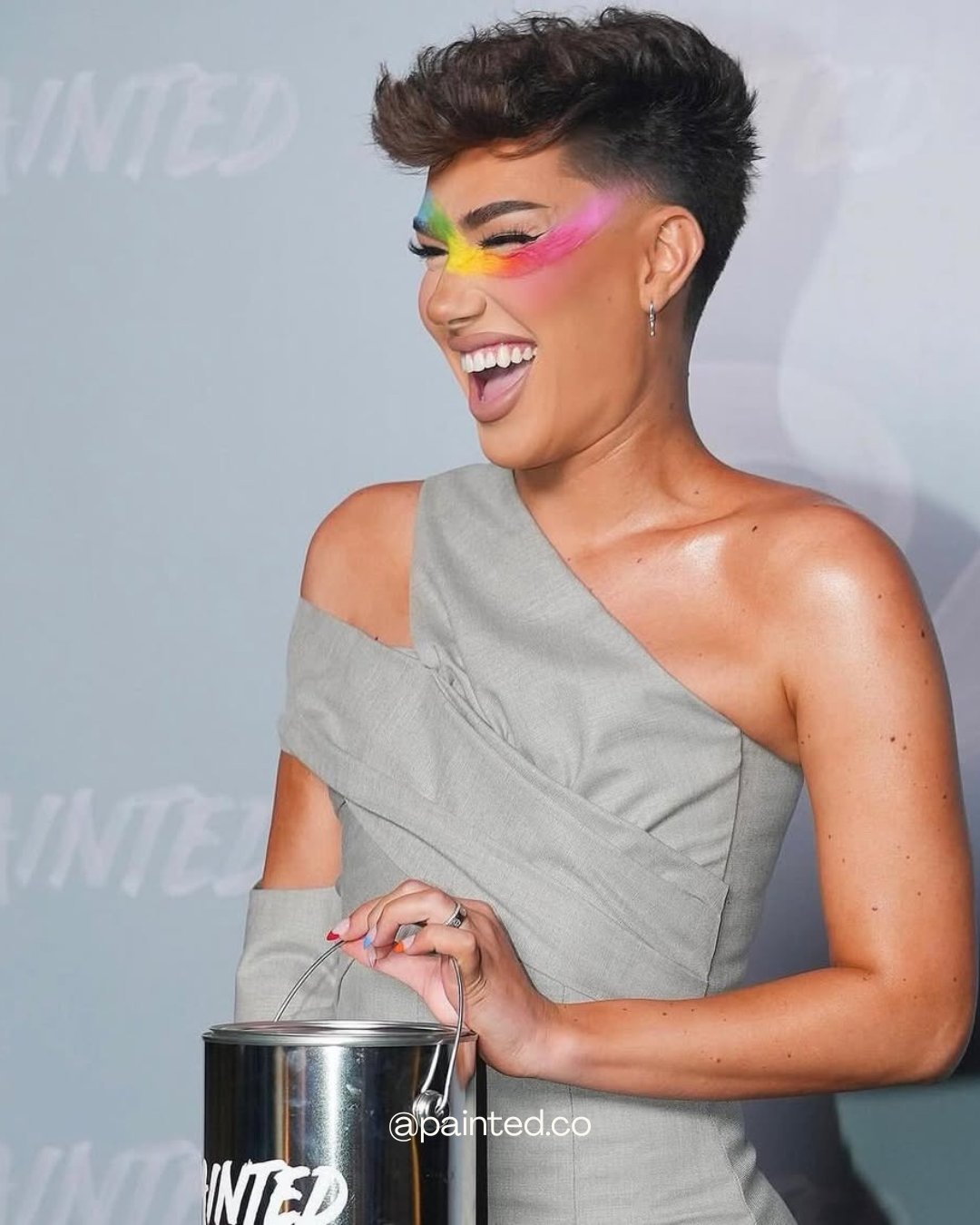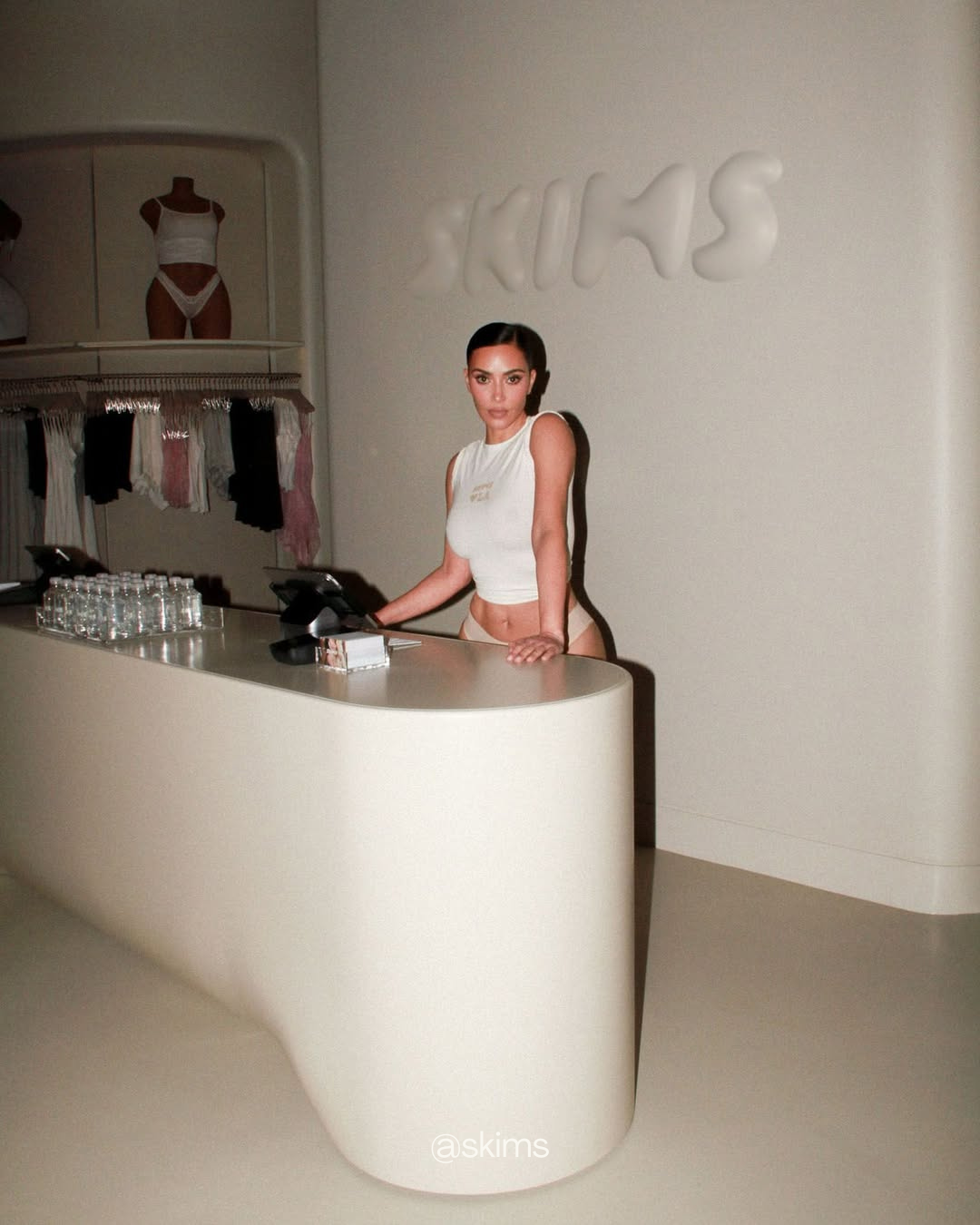.webp)
FROM CREATOR TO CEO
The days of influencers just influencing seem to be over. In the early days of social media, it was all about brand deals, affiliate links, and sponsored posts. But as those influencers grew, as people, creators, and professionals, things started to shift. They began looking for ways to expand.
With larger audiences, more experience, and loyal communities behind them, many influencers are choosing to take control. They are no longer just the face of a brand, they want to be the brand. More and more are stepping into the role of founder, launching their own lines in everything from coffee and skincare to fashion and supplements, each putting their own spin on entrepreneurship. So what’s driving this shift from creator to CEO? And what does it say about the future of influencers?
more than a product
Influencer-led brands are booming, and for good reason. They go beyond products. What’s being sold isn’t just skincare, coffee, or clothing. It’s a story, a connection, a feeling of “I know them.” And this emotional layer is hard to replicate with traditional branding.
Think of Hailey Bieber, who turned her minimalist aesthetic into the skincare line Rhode, now known for its viral Peptide Lip Treatment and clean branding. Or James Charles, who launched Painted, his own makeup brand built on years of beauty content and community feedback. Emma Chamberlain transformed her love of coffee into Chamberlain Coffee, a playful, colorful brand that reflects her personality and values. And of course, Kim Kardashian, whose shapewear label SKIMS has become a million-dollar business by building on her longstanding connection with fans and her emphasis on body inclusivity and practicality.
Audiences don’t just see a logo or a marketing message, they see someone they’ve followed for years, someone whose life, values, and style they already know. That familiarity builds a sense of emotional investment. When an influencer launches a product, it feels less like a transaction and more like an invitation. Support becomes participation, with followers now able to own something physical from a creator they admire. Ownership becomes storytelling, as creators are able to take their audience behind the scenes and share every step of the process, from first idea to final launch.
This transparency doesn’t just build hype, it builds connection. And because the brand often grows in public, followers feel like they’re part of the journey, not just the target of a campaign. For influencers ready to take that leap, one thing is clear: the audience isn’t just watching, they’re ready to support, buy, and believe.
.gif)
Craving Growth
Humans have an innate drive to grow, improve, and evolve. That drive shows up in countless ways. Learning new skills, building relationships, creating art, or starting businesses. Psychologists call this self-actualization: the desire to realize our full potential and become more of who we truly are.
More recent theories, like the self-determination theory, tie growth to three basic psychological needs:
Autonomy – feeling in control of your own path
Competence – feeling capable and effective
Relatedness – feeling meaningfully connected to others
This theory states that we only thrive when we satisfy those needs. And in today’s digital world, that growth can look like moving from posting to building something of your own.
So when influencers launch their own brands, it’s not always about money or status. Often, it’s about progress. A creative leap, a new challenge, a deeper sense of ownership. In other words: it’s not just a business decision, it’s a human one.
Business Behind the Brand
Stan Molemaker has been active on social media since 2020, and with over 192K followers on TikTok, and over 56K on Instagram, he has built quite the community. In February 2025, he launched his own jewelry brand, YoungSparks. With an existing following and years of content experience, he felt confident stepping into the role of founder. “You get a head start,” he explains. “You can promote your product through your own channels, and you already know how to create effective content.”
Being part of the influencer world also brings valuable connections, from photographers and models to event locations, many of which can be arranged through barter or shoutouts. In the early stage, Stan is making a conscious decision to show himself clearly as the brand’s owner. “It builds trust,” he says. That visibility turned out to be essential. Unlike brand deals, where one post could lead to a quick spike in sales, building his own brand required consistency and credibility.
His initial expectation of selling out in a day quickly proved unrealistic, but the experience taught him valuable lessons. Now, with customer feedback being integrated into the content strategy, sales are steadily increasing. His key advice for influencers thinking of starting their own brand? “It’s a marathon, not a sprint. Don’t rush the sampling process, everything you do is under a magnifying glass. If your product falls short and someone calls it out online, you instantly lose credibility.”
TRUSTING THE TRANSACTION
To get a better sense of how audiences feel, we asked our community: How do you view influencer-led brands?
The response was clear. Nearly 80% of participants said they actually trust influencer-founded brands more than traditional ones. Another 18% called it a smart business move, noting that influencers have a deep understanding of what their communities want.
The takeaway is clear: influencer-led brands aren’t just accepted, they’re trusted. And when built with authenticity, insight, and storytelling, they have the power to connect in ways traditional brands often can’t. This isn’t just a trend, it’s a shift in how trust, loyalty, and entrepreneurship are being redefined in the creator economy.
WHAT'S IN IT FOR THE MARKETER?
When an influencer becomes a brand owner, their content carries a different kind of weight. It’s not just a promotion, it’s personal. That creates space for more meaningful collaborations. Marketers can tap into this momentum by aligning with influencer-led brands that already have built-in credibility, a loyal audience, and an authentic story. Instead of creating campaigns from scratch, you’re joining forces with someone who knows how to build trust and drive engagement, not just for themselves, but for something bigger.






